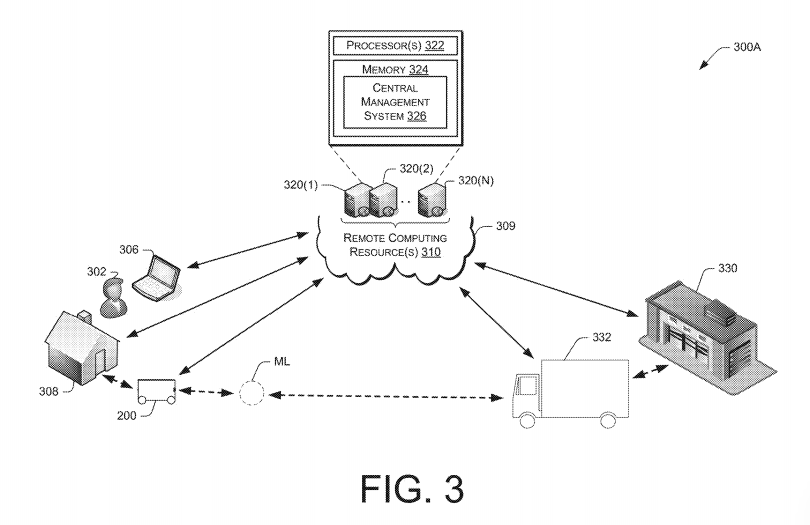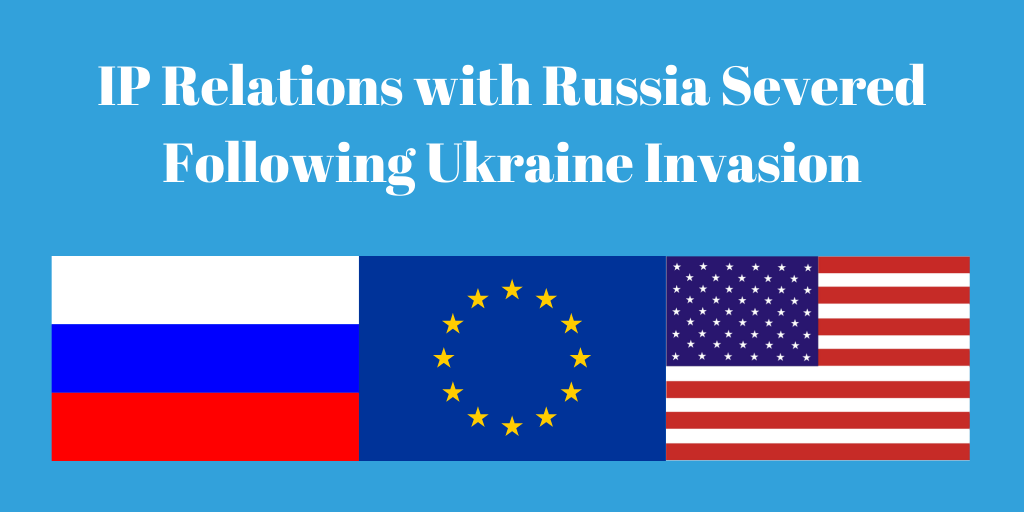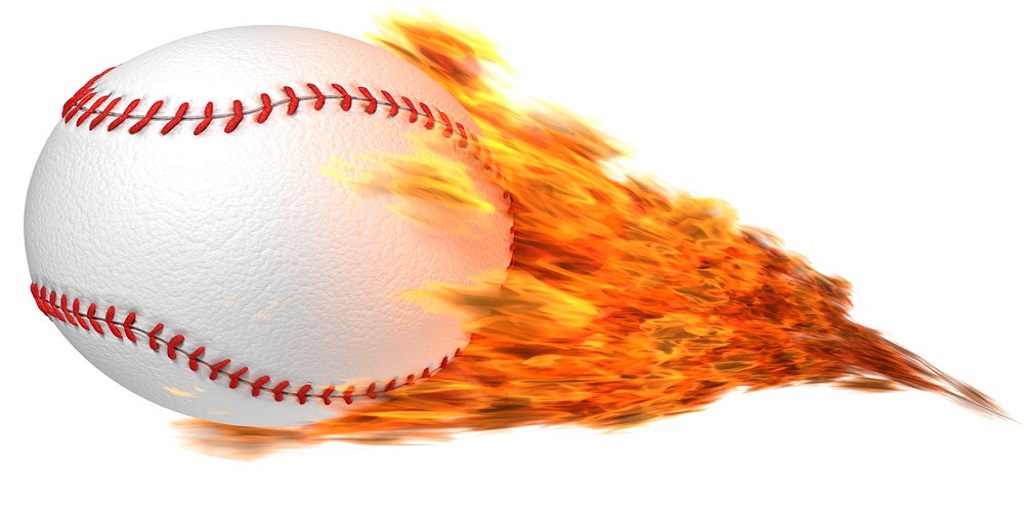ICYMI: The Top Patent, Trademark, and IP Stories from Last Week (February 25th-March 3rd, 2019)
Every week, we will be highlighting the top patent, copyright, trademark, intellectual property, etc. stories of the previous week in our “In Case You Missed It” segment. The list itself is in no particular order and includes a wide range of stories from the patent world that are informative, noteworthy, or just plain bizarre. The stories included encompass everything from Supreme Court cases to insights into growing industries. Please feel free to comment your thoughts on the stories or share an important one we missed!
1.) “House, Senate Lawmakers Focus on Patent Eligibility Changes”
Congressional lawmakers are moving to rewrite the definition of patent eligibility in order to create “greater legal certainty” for patents awarded in the pharmaceutical, technological, and scientific industries. Lawmakers are currently working with companies and trade leaders for suggestions on how to revise 35 U.S. Code § 101 which governs the conditions for which a patent may be obtained. The decision comes after a series of recent Supreme Court decisions have left the criteria for what inventions are patentable uncertain.
“Whoever invents or discovers any new and useful process, machine, manufacture, or composition of matter, or any new and useful improvement thereof, may obtain a patent therefor, subject to the conditions and requirements of this title.” –35 U.S. Code § 101
Rep. Hank Johnson (D-GA), chairman of the House Judiciary’s Subcommittee on Courts, Intellectual Property, and the Internet stated, “there have been a few Supreme Court rulings that have affected the ability of the patent office to know with certainty what is patentable, particularly in the realm of medical diagnostics and computer software, and these are areas of great growth.” Rep. Johnson went on to iterate how companies invest in research only to find their products are not patentable and that needs to be addressed.
Recent Supreme Court decisions such as Alice vs. CLS Bank Intl. which made certain “abstract” ideas unpatentable and Association for Molecular Pathology v. Myriad Genetics, Inc. which broadened the “product of nature” definition, have made patent criteria ambiguous. As a result, companies, especially those in the biotech and software industries, have had difficulty raising the venture capital necessary to fight patent disputes in court..
The challenge lawmakers will face is creating a definition that encompasses the interests of a plethora of industries while providing criteria that are neither too broad or too narrow. Every industry is unique and lawmakers must consider that. To read more about this story, click here (via Bloomberg Law, February 26th, 2019).
2.) “Amazon Patents Delivery Robot That Docks at Your House”
Amazon unveiled plans for in-home robots in a new patent approved last Tuesday. The robots, aka “autonomous ground vehicles (AGV),” would retrieve packages from delivery trucks and then deliver the packages back into one’s home. The AGV’s would be able to “wait in line” with other robots and open doors.

The patent points out that the AVG’s would require various sensors to assist in navigation and overcoming barriers (opening doors, etc.). The robot would also need to be able to receive and deliver the package without the owner being home. If such a prospect were achieved, deliveries could be a 24/7 operation without the need for an owner to be home or awake to deliver their goods. To read more about this story, click here (via Mashable, February 27th, 2019).
3.) “One in Five U.S. Companies Say China Has Stolen Their Intellectual Property”
IP theft has been a major point of contention in recent trade talks between President Trump and the Chinese government. A recent CNBC poll found that one in five American companies believe their intellectual property was stolen by Chinese companies in the past year. One-third of CFOs polled believe Chinese companies have stolen their IP at some point in the past decade.
IP theft, using patents, trademarks, copyrights, etc. without permission, is a costly endeavor for companies given “intangible assets” (including IP) make up over 80% of the S&P 500’s market value. The problem with such theft is that it reduces the potential revenue a company brings in by stripping them of their competitive edge in the marketplace. The U.S. Trade Representative estimates an annual loss of $225-$600 billion to China as a result.
So how exactly does China “steal IP?” Well, there are the usual suspects, corporate espionage and cyber attacks, but also forced technology transfers. This occurs when companies intent on taking root in the lucrative Chinese market must first hand over IP details and licenses to the Chinese government.
President Trump has reportedly made progress in the trade talks, delaying tariffs that were supposed to go into effect March 1st. As for progress on IP issues including theft enforcement, the answer is unclear. To read more about this story, click here (via Fortune, March 1st, 2019).
4.) “Judge Refuses to Strip Mongols Motorcycle Club of Its Trademark”
Back in January, we told you about how the Mongols Motorcycle Club were being stripped of their trademarked logo following a jury’s decision in U.S. District Court. The decision came after a decade-long effort by prosecutors to dismantle the group, which included stripping them of their trademark which prosecutors believed was “core to the gang’s identity.” The group was found guilty of racketeering and conspiracy in December.
On Thursday however, a federal judge in California declined to approve the jury’s decision to strip the trademarked logo from the group. The judge, U.S. District Judge David O. Carter, cited free speech protections as basis for his decision. “The First Amendment and Eighth Amendment permanently prohibit the Government’s request to forfeit the rights associated with the collective symbols,” Carter wrote.
In his decision, Carter went on to write that there was not a “requisite nexus” between the club’s marks and the racketeering offense. He also found the forfeiture of the symbols to be “unjustifiable” as they were in continuous use since 1969. “To hold otherwise sets a dangerous precedent that enables the Government to target the associative symbols of organizations it chooses to prosecute for RICO conspiracy,” Carter stated. Carter referenced the International Brotherhood of Teamsters’ continued ownership of their trademark and symbols despite past RICO charges as a basis for the decision. To read more about this story, click here (via NBC News, February 28th, 2019)








